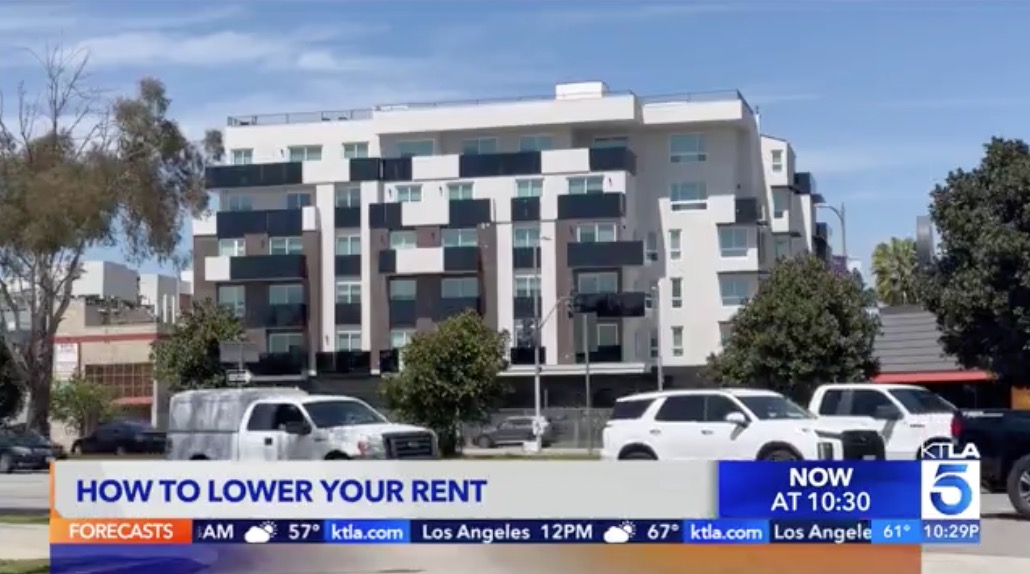It’s April 6th. Rent was due for many at the start of this month. Some renters lost their jobs weeks ago on account of non-essential business closures and “stay at home” orders. News articles are proliferating the Internet with a flurry of information and resources. Embedded in these publications are terms with which renters should be familiar. Here’s a quick glossary of rental terms to help you wade through all that you’re coming across.
1. Rent Accommodation
Landlords are responding in a variety of ways to the economic fallout to COVID-19. Upon hearing from some tenants who are struggling to pay rent, some landlords are reducing rent for the next few months. In other words, a negotiated agreement between landlord and tenant has been accommodated at a lower rate.
2. Rent Deferment
Other landlords have offered to collect rent at a later date, deferment. This does not absolve the renter from this cost altogether. Instead it means that rent for a specific set of months (e.g. April, May, June) will be expected later in the year when the economy gears up again.
3. Rent Forgiveness
This one will most likely be the exception, rather than the norm. However, there are still landlords out there willing to take the path of exempting renters from paying rent for several months due to this worldwide crisis without any expectation to recover it in future months.
4. Rent Freeze
Before COVID-19 hit, some landlords had planned rent increases. Many who did have realized how problematic it would be to proceed with heightening a renter’s expenses while so many are facing unemployment. Instead, they are freezing the cost of rent until the world is on the other side of this pandemic.
5. Late Fee Waivers
Associated with many lease agreements is a stipulation that adds on a fee if rent is not paid on time. With today’s uncertainty, some renters are holding on to every dollar they have to make certain they can balance housing costs with other vital expenses, like food. As such, many landlords are not charging any late fees at this time.
6. Eviction Moratorium
A moratorium is a temporary stoppage. These have surfaced across the country and are based on local or state decisions. Essentially, it makes no sense to remove someone from their home when many of us are being told to “stay at home.” This will not cancel out the obligation of rent, but for those unable to pay, it will give those renters some time to pursue options through the most challenging months of Coronavirus.
7. Rent Strike
Here’s one final rental term to include in our glossary. Some renters have become quite frustrated at the lack of flexibility that they have been afforded by their landlords. So, they’re uniting with other tenants in their buildings, or collections of buildings, and collectively agreeing not to pay rent. From the preceding terms, it’s clear there are many ways for landlords and tenants to work together to get through these difficult times. Hopefully, it doesn’t come to a rent strike.
If you are interested in alternative forms of collective living, coliving may be the solution for you. For more information about COVID19 and renter life, check out these resources.
Start your rental search here at Dwellsy.








